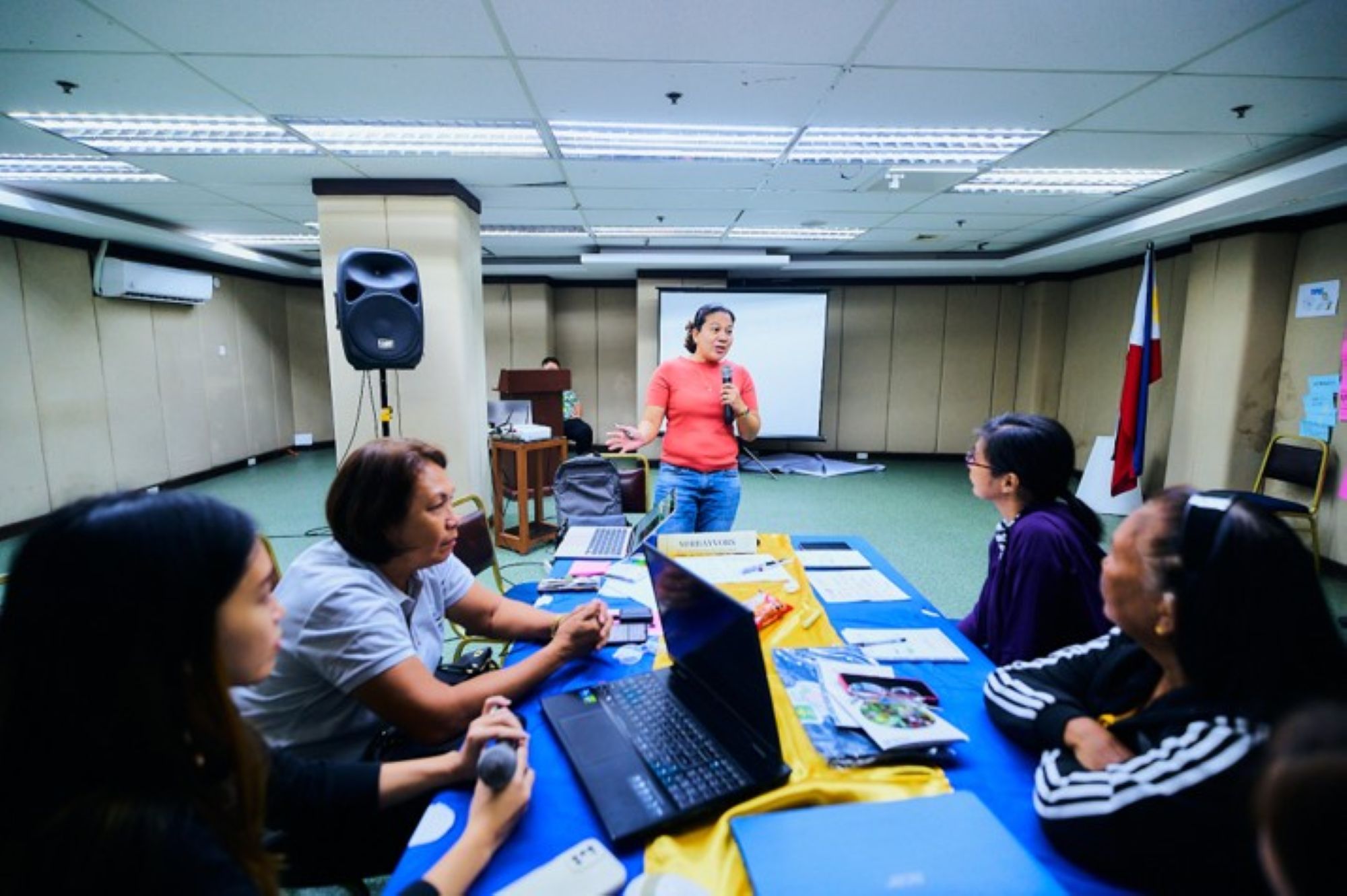
An LSA cooperator shared their output during the SWOTC Analysis workshop
NAGA CITY – To equip Learning Site for Agriculture (LSA) Cooperators with strategies for sustainability and resilience, the Agricultural Training Institute-Regional Training Center V (ATI Bicol) conducted the Business Development on Sustainable Agriculture: Business Continuity Management Training from March 18 to 20, 2025, at Villa Rosita Hotel, Brgy. Dinaga, Naga City.
The three-day training aimed to integrate sustainable agricultural practices with effective business continuity strategies, ensuring that cooperators can navigate challenges in the agricultural sector while promoting long-term success. A total of 25 LSA Cooperators from various provinces of the Bicol Region participated, all of whom were directly involved in implementing the Top 555 Program PAITAAS.
The training featured Dr. Siegred E. Nebres, Dean of the Casa Simeon Institute of Tourism and Skills, as the lead resource speaker. His sessions focused on adapting to a VUCA (Volatile, Uncertain, Complex, and Ambiguous) world through SWOT and PESTELO analyses, which help farmers build resilience against external challenges. Participants also explored Good Agricultural Practices (GAP), emphasizing economic, environmental, social, and food safety considerations.
A key aspect of the training was compliance with Republic Act 10611 (Food Safety Act of 2013), particularly on Hazard Analysis and Critical Control Points (HACCP) and Hazard Identification, Risk Assessment, and Control (HIRAC) methodologies. Additionally, participants learned financial risk management, societal security, and gender and violence security as part of their business continuity planning (BCP).
To ensure the long-term success of the Top 555 Program, each participant committed to developing individual action plans and business continuity management plans for specific crops. These plans include risk assessment strategies, recovery mechanisms, and adaptation measures tailored to their respective agricultural operations.
Furthermore, the training resulted in 20 re-entry plans, which will be closely monitored in the next six months to track progress and implementation.





